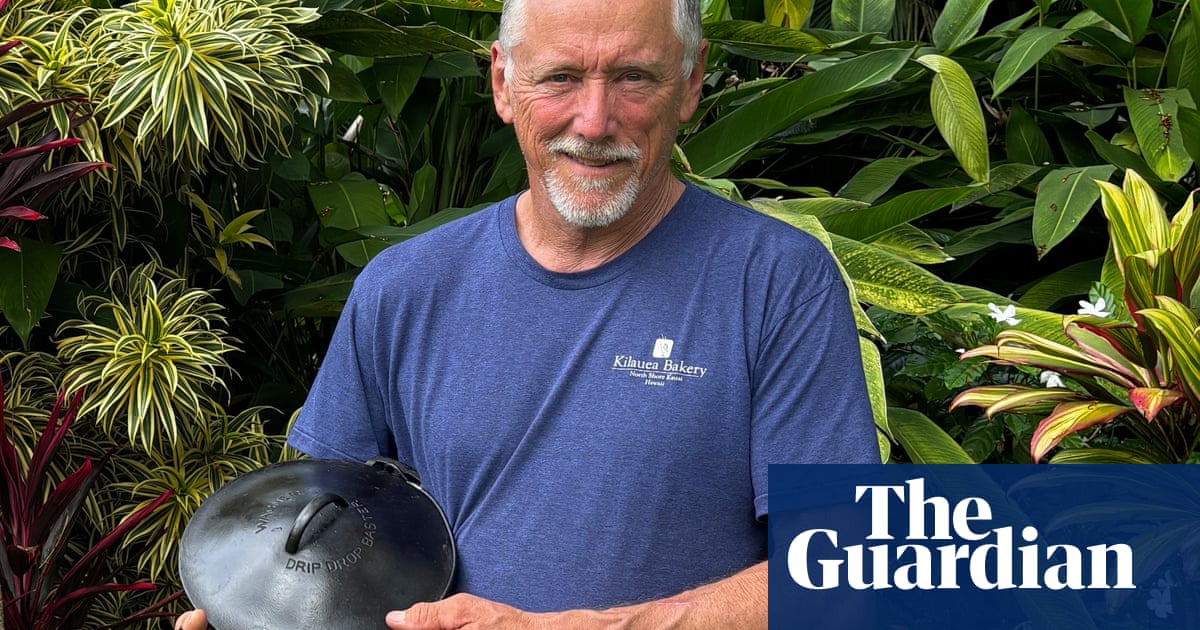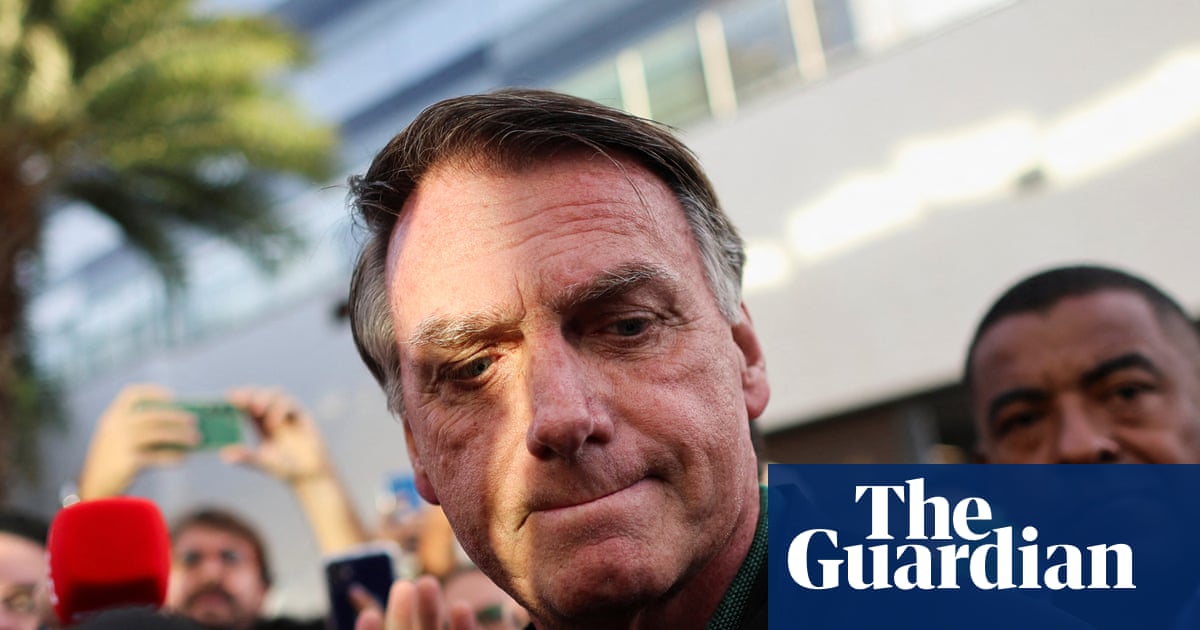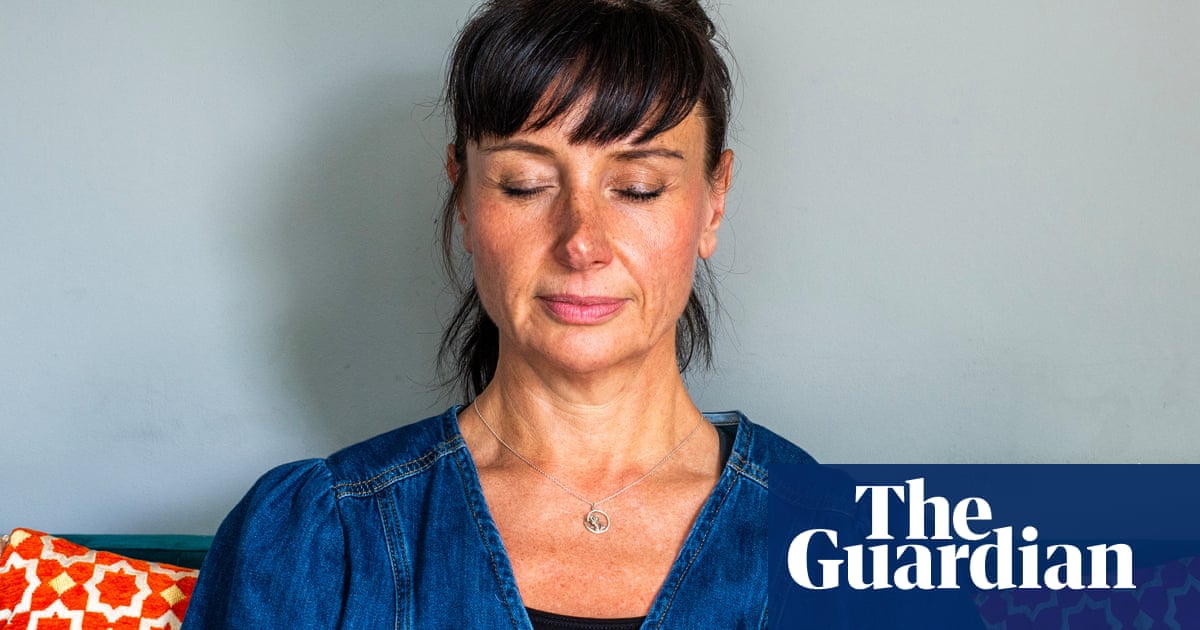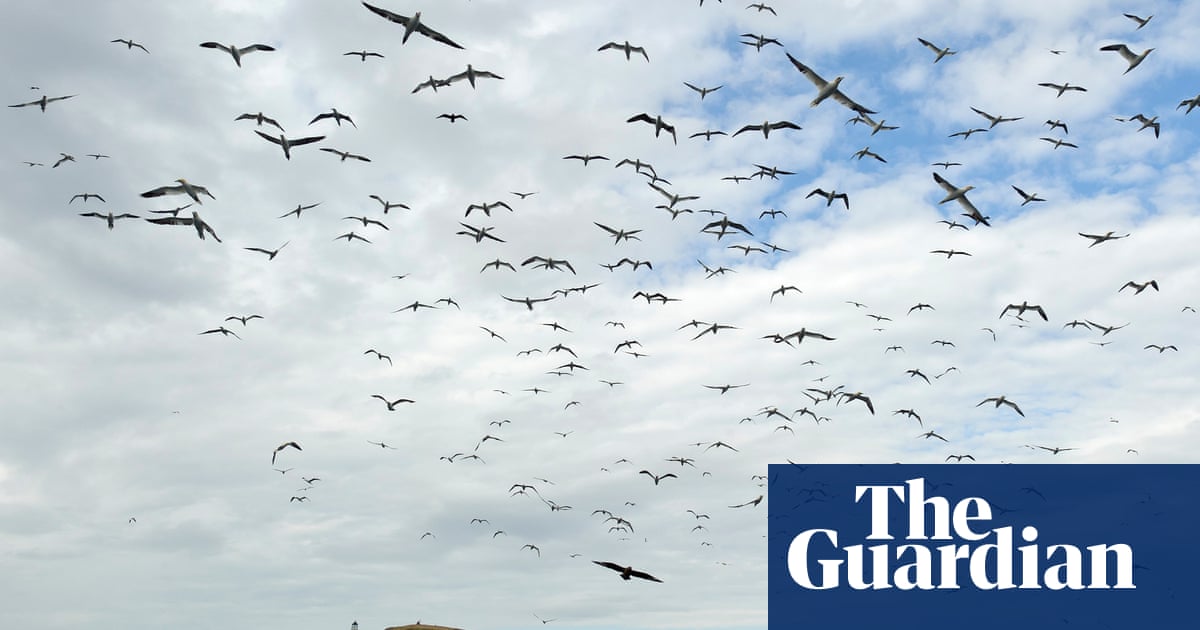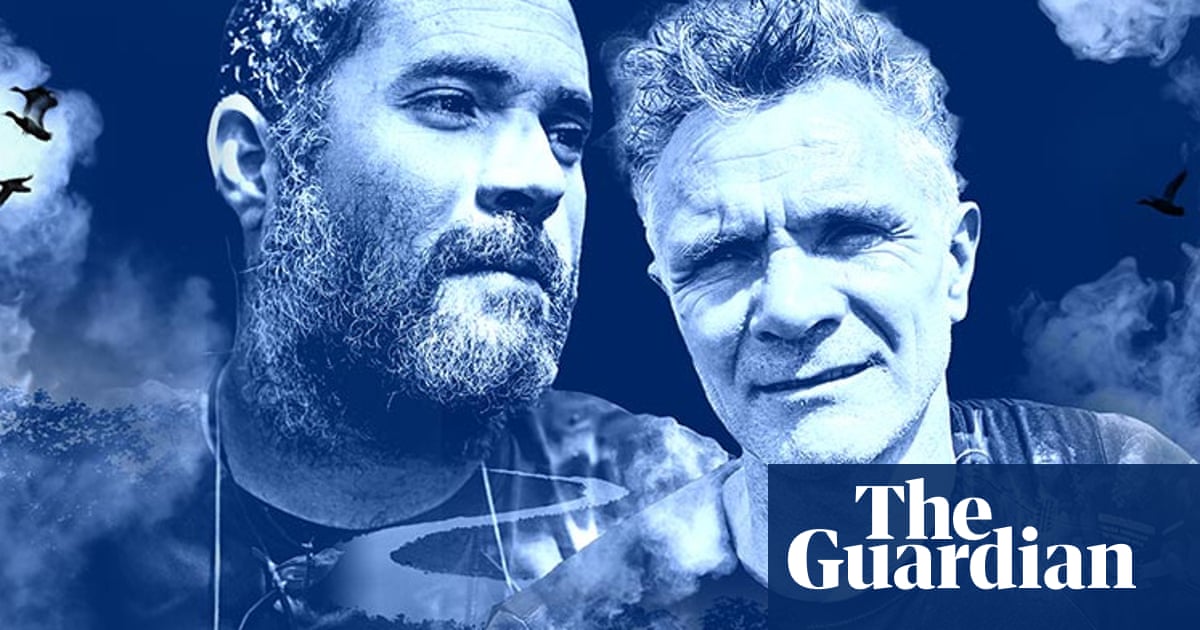It has been a extraordinary election in Germany, and the result has been keenly awaited around the world to see what new government might emerge in Europe’s largest but ailing economy.
Exit polls show a clear win for the CDU/CSU centre-right alliance, followed by the far-right Alternative für Deutschland (AfD) – an anti-Islam party that has advocated “remigration” for migrants as well as German citizens deemed to have integrated poorly – in second place.
Frontrunners from the start of this race, called in November, the conservatives had a standing start under Friedrich Merz, a multimillionaire former corporate lawyer and banker, who is now set to take the helm.
However the alliance cannot govern alone: the exit polls indicate it received about 29% of the vote, not an overall majority. So what happens now?
What is the next step?
Weeks or even months of horse-trading are now expected, after, as predicted, no party won a majority. The so-called firewall or Brandmauer– the promise of mainstream parties to not go into coalition with the AfD – makes the situation more complicated.
Mathematically speaking, a coalition between the CDU/CSU and AfD would be the most obvious, and the one craved by many AfD voters. However, Merz’s insistence that this won’t happen – he has said that it would be “selling the soul” of his party, even if he flirted with the far right during the campaign – makes it highly unlikely.
So what kind of government is likely to emerge?
The most obvious way forward for Merz, if the seats stack up, is a two-way coalition with the centre-left Social Democrats (SPD). Another possibility is a three-way coalition of the CDU/CSU, the SPD and the Greens. However, this format- the so-called Kenya coalition because of the party colours matching those of the east African country’s flag- is unpopular and would be a last resort.
One thing to watch is whether the pro-business FDP makes it over the 5% hurdle for representation in parliament.
If it does re-enter parliament, the FDP – whose departure from Olaf Scholz’s government led to its collapse – also has a good chance of re-entering government. That would probably enable Merz to form a coalition of the CDU/CSU, SPD and FDP.
The surprise of the night was the far-left Die Linke, which defied all expectations by winning 8.5% of the vote. This has changed the calculations as to which coalitions are possible.
Once Merz is in government, what will he do?
Merz has promised to, “from day one”, implement a 15-point plan to tackle migration, which dominated the campaign.
He has pledged to work on measures to restrict the flow of people coming into Germany, including tightening controls on the borders and allowing the swifter deportation of refused asylum seekers.
He would also look to make operational an “influx limitation” law, which would bring to an end asylum seekers automatically being allowed to bring their families to Germany. It would end the fast-tracking of German citizenship after three years, and would end the possibility of dual citizenship for non-EU citizens.
He has said he would tackle economic stagnation by “changing the business model” in Germany. This would include cutting red tape, reducing taxes and changing the country’s “debt brake”, disagreements over which led to the collapse of the last government.
Merz has also pledged to drastically cut the benefits system, reducing incentives for unemployed people who repeatedly refuse to take up new jobs, by scrapping the “Bürgergeld”.
On foreign policy, he will come under immediate pressure about increasing Germany’s defence spending, currently about 2% of GDP, with widespread opinion it should be at least doubled.
However, Merz must first establish a coalition.
What will the AfD do next?
In some ways the far-right, anti-Islam party has emerged the most triumphant, having doubled its result compared to the last federal election.
The AfD has repeatedly said it hopes to win the next German election, expected in 2029. Emboldened by the endorsement it has received from the Trump administration, especially the backing of Elon Musk, the party’s leaders, Alice Weidel and Tino Chrupalla, are basking in the international spotlight for the first time. They will look to widen both their appeal among mainstream voters and their international bonds with likeminded nationalist forces.

 3 months ago
49
3 months ago
49
